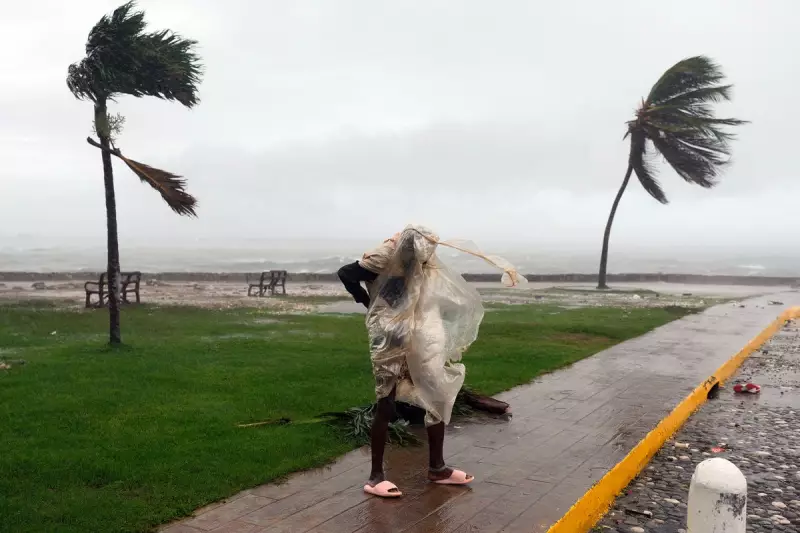
In a shocking case of social media deception, influencer Melissa Hannah Grubbs has been exposed for fabricating an elaborate hurricane survival story that captured thousands of hearts online - despite occurring entirely in her imagination.
The Storm That Never Was
Grubbs, known to her followers as Melissa, constructed an elaborate narrative claiming she had survived Hurricane Melissa while stranded in her car. Through emotional TikTok videos showing her apparently distressed and sheltering in her vehicle, she amassed significant sympathy and engagement from concerned followers.
The truth emerged when meteorological records revealed there was no Hurricane Melissa - the storm existed only in her carefully crafted social media performance.
Anatomy of a Digital Deception
The influencer's fabricated tale included multiple dramatic elements designed to maximise emotional impact:
- False claims of being trapped in her car during the supposed hurricane
- Emotional appeals to followers for support and prayers
- Detailed descriptions of non-existent dangerous weather conditions
- Multiple videos portraying distress and survival against the elements
Experts note that such elaborate fabrications represent a growing trend of "disaster fiction" content where creators invent crises to drive engagement metrics.
Backlash and Consequences
When the truth surfaced, the online community reacted with outrage. Followers who had genuinely worried about her safety felt betrayed, while meteorologists and weather experts quickly debunked the non-existent storm.
The incident raises serious questions about accountability in the influencer industry and the psychological impact such deception has on trusting audiences who form genuine emotional connections with online creators.
Broader Implications for Social Media
This case highlights the dangerous precedent set by influencers fabricating emergencies for content. Beyond the ethical concerns, such behaviour could potentially:
- Desensitise audiences to genuine emergency situations
- Divert attention from real disasters requiring support
- Undermine trust in legitimate weather warnings and emergency services
- Create scepticism toward authentic survivor stories
As the digital landscape continues to evolve, this incident serves as a stark reminder for consumers to maintain critical thinking when engaging with dramatic content online.





